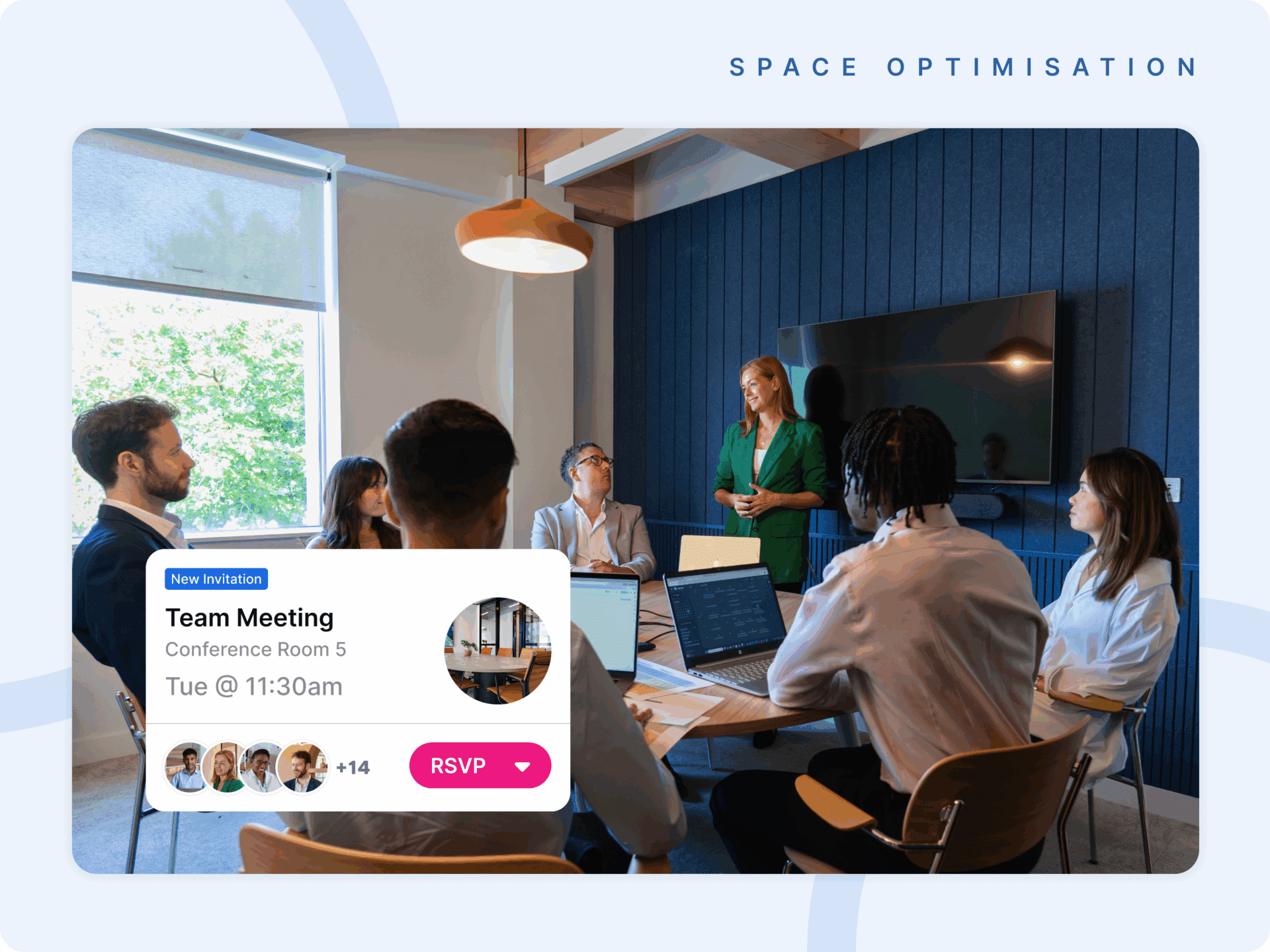What is the modern definition of ‘work’ for desk workers? Today, our work is online which massively disrupts where we do it. But let’s zoom out first before debating the redefinition of work.
My name is Dave Cairns, Kadence’s Future of Work Strategist. Welcome to Beyond Hybrid, a newsletter where I talk about what’s on the horizon for work.
Humanity is undoubtedly on the precipice of getting it very right or very wrong.
Our planet hangs in the balance. Our politics are more divided. Inflation is massively outpacing income growth. AI is disrupting the job market. And cities must reinvent themselves as remote work arrived on their doorsteps faster (and differently) than expected.
It’s understandable that all of this put us into a ‘functional freeze’ state – how could it not? But our arrested state doesn’t stop the sun rising and setting and it doesn’t stop the impact being felt.
We must continue to redefine what work is and the rhythms with which we do it to make a positive impact on:
- the climate crisis
- corporate inclusion
- cost of living
- the jobs we do
- reshaping cities
Let’s review each one and see how it could be different 👇
1. The Climate Crisis
It is widely known that commercial real estate accounts for roughly 40% of global emissions and offices are a big culprit in this regard. Thus, changing our approach to where we work is critical. According to the National Academy of Sciences, shifting from a 5-day in-office week to:
- 2 days at home reduces carbon use by 11%
- 4 days at home reduces emissions by 29%
- and 5 days at home, it’s a whopping 58%
The data combines:
- office energy
- home energy and ICT energy
- commuting and non-commuting travel (e.g. driving to run errands if you work remotely, etc.)
And here’s a few more data points to hammer the message home:
- The IEA recently estimated that if 1/3 of global workforce worked from home (or anywhere) 3-days/week it would prevent the burning of 500,000 barrels of oil per day.
- The IEA also found that “If your job allows it, working at home three days a week could reduce your household fuel bill by around EUR 35 a month, even after taking into account the increased energy use at home.”
This data hammers home the message that we MUST shift our digital and in-office Kadences (see what I did there?)
2. Corporate Inclusion
The pandemic produced a prolific phrase when it comes to corporate inclusion. ”Remote work doesn’t kill culture, it reveals it.”
And one of the key revelations brought on by this stark reality is that flexibility is essential to leveling the playing field. According to a hiring software company, underrepresented groups are 22% more likely to leave without flexibility. DEI Strategist, Lily Zheng hammers this point home when they said:
“Pre-pandemic offices for the majority of workforces were, to put it bluntly, awful. Black, Asian, and Indigenous employees, as well as women, disabled people, and LGBTQ+ people faced high volumes of exclusionary behavior. Insecure bosses micromanaged work, abused their power, and hoarded resources.”
Remote work revealed cultural issues and now we need to start solving them if we want people to come back together in person with more frequency.
3. Cost of Living
In today’s environment, food prices have made $100 basically worthless at the grocery store, home prices and interest rates have massively outpaced our salaries, and we can’t afford to drive our cars or travel anymore. Many households are feeling the pinch.
Here’s a real-life example from where I live (Prince Edward Island):
- The benchmark home price was $150,025 in 2013 and rose to $298,600 by 2021
- But the median household income only rose from $64,400 to $72,000 over the same period
- Home prices have gone up by 100% while wages have only gone up 12%
Hybrid and remote work have become an economic cushion – full stop.
4. The Jobs We Do
First it was technology that was eating the world – now it’s AI. We need definitions, and a new definition of definitions when it comes to our work!
Ram Srinivasan from JLL put it very well to me when he said:
“We don’t live in an age of job automation, we live in an age of task automation. Jobs are task bundles. As individual tasks are automated, jobs will evolve. AI in this context, will be our cognitive partner. It will allow us to do more, but only if we choose to participate.
This is not just the age of AI, it is the age of possibility. We MUST uplevel on all fronts professional, personal, and spiritual to outpace technological change.”
We have a choice… become slaves to technology or become spiritually enlightened because of technology.
5. Reshaping Cities
The creative class and digital work are reshaping cities – this much is obvious.
But no one could have predicted what a global remote working ‘experiment’ would do to accelerate the disruption.
Chicago is a city that exemplifies the disruption. Its office vacancy rate currently sits at 22.5% with no signs of slowing down. It’s now attempting to lure remote workers to revitalize its downtown by “promoting co-working spaces in iconic locations including Navy Pier, the Museum of Contemporary Art and the Chicago Cultural Center.”
The initiative is called “Work from Summertime Chi” and aims to bring $10 million in economic impact to the Loop, as the central business district is known, and surrounding areas. Remote work is currently killing cities, while simultaneously rebirthing them.

Some Final Thoughts
The Climate Crisis. Corporate Inclusion. Cost of Living. The Jobs We Do. Reshaping Cities. These are lofty topics that can’t be solved, let alone dissected to any large extent in a newsletter. But while they are all big issues, only one is (relatively) new—the climate crisis. And because this newsletter is largely focused on evolving the workPLACE, let’s end on climate.
As stated earlier, 40% of global carbon emissions come from buildings. Roughly half from embedded carbon (construction) and the other half from operating buildings (HVAC). So let’s stop building new buildings, lets power down floors we don’t use and then lets start the process of figuring out how to reuse what we have more efficiently.
The decision to do this can’t simply be economic. Sure, there isn’t enough office leasing velocity to support the waves of development that have happened over the last nearly two decades. And yes, we don’t have enough daily office attendance for most companies to justify keeping the lights on across their portfolios.
The decision to build less and share more has to be intentional.
Because “You cannot escape the responsibility of tomorrow by evading it today.” – Abraham Lincoln
Until next time,
Dave
Dave is Kadence’s Future of Work Strategist. He foresees what’s unfolding in the world of work and advises our customers on how to prepare and adapt to the latest trends easily.




